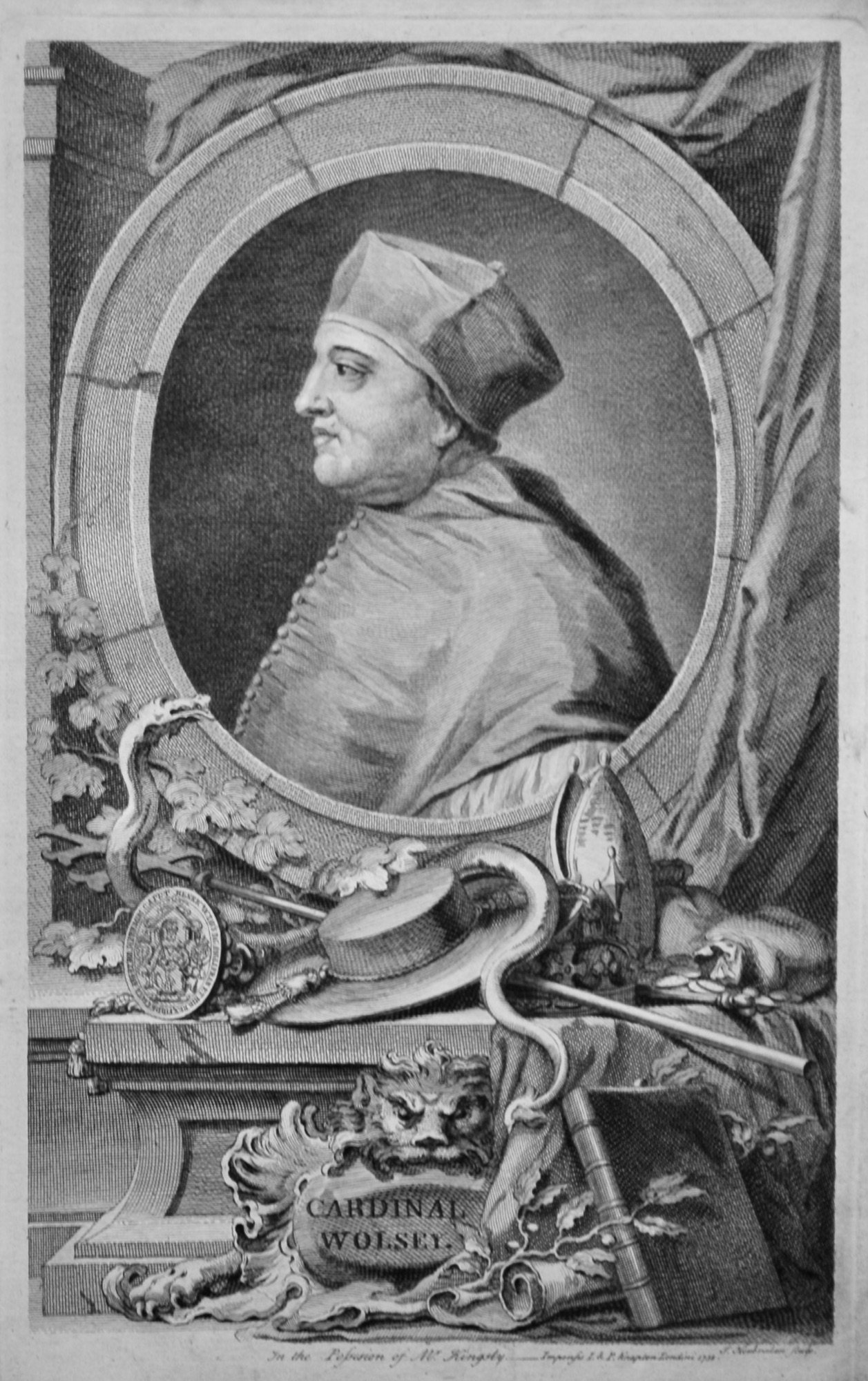

Wolsey's rise coincided with the accession in April 1509 of Henry VIII, whose character, policies and attitude to diplomacy differed significantly from his father's. In April 1508, Wolsey was sent to Scotland to discuss with King James IV rumours of the renewal of the Auld Alliance. Wolsey's remarkable rise to power from humble origins attests to his intelligence, administrative ability, industriousness, ambition, and rapport with the king. In this position Wolsey served as secretary to Richard Foxe, who recognised Wolsey's ability, dedication, industry and willingness to take on tedious tasks. Henry VII appointed Wolsey royal chaplain. Wolsey benefitted from Henry VII's introduction of measures to curb the power of the nobility the king was willing to favour those from more humble backgrounds. After Nanfan's death in 1507, Wolsey entered the service of King Henry VII. He was then taken into the household of Sir Richard Nanfan, who made Wolsey executor of his estate. In 1502, he became a chaplain to Henry Deane, archbishop of Canterbury, who died the following year.

From 1500 to 1509 Wolsey held a living as rector of St Mary's church, Limington, in Somerset. On 10 March 1498 he was ordained as a priest in Marlborough, Wiltshire, and remained in Oxford, first as the Master of Magdalen College School, and soon the dean of divinity. Wolsey attended Ipswich School and Magdalen College School before studying theology at Magdalen College, Oxford. Widespread traditions identify his father as a butcher his modest origin became a topic of criticism later, when he amassed wealth and power critics thought more befitting a member of the high nobility. Thomas Wolsey was born about 1473, the son of Robert Wolsey of Ipswich and his wife Joan Daundy. He was recalled to London to answer to charges of treason-charges Henry commonly used against ministers who fell out of his favour-but died on the way from natural causes. He retreated to York to fulfil his ecclesiastical duties as archbishop, a position he nominally held but had neglected during his years in government. After failing to negotiate an annulment of Henry's marriage to Catherine of Aragon, Wolsey fell out of favour and was stripped of his government titles. In that position, he enjoyed great freedom and was often depicted as an alter rex other king. The highest political position Wolsey attained was Lord Chancellor, the King's chief adviser formally, as his successor and disciple Thomas Cromwell was not. His appointment as a cardinal by Pope Leo X in 1515 gave him precedence over all other English clergy. These included the Archbishopric of York-the second most important role in the English church-and acting as papal legate.

He also held important ecclesiastical appointments. Wolsey's affairs prospered, and by 1514 he had become the controlling figure in virtually all matters of state. When Henry VIII became King of England in 1509, Wolsey became the King's almoner. Thomas Wolsey was an English archbishop, statesman and a cardinal of the Catholic Church. Be very, very careful what you put into that head of yours, because you will never, ever get it out.


 0 kommentar(er)
0 kommentar(er)
